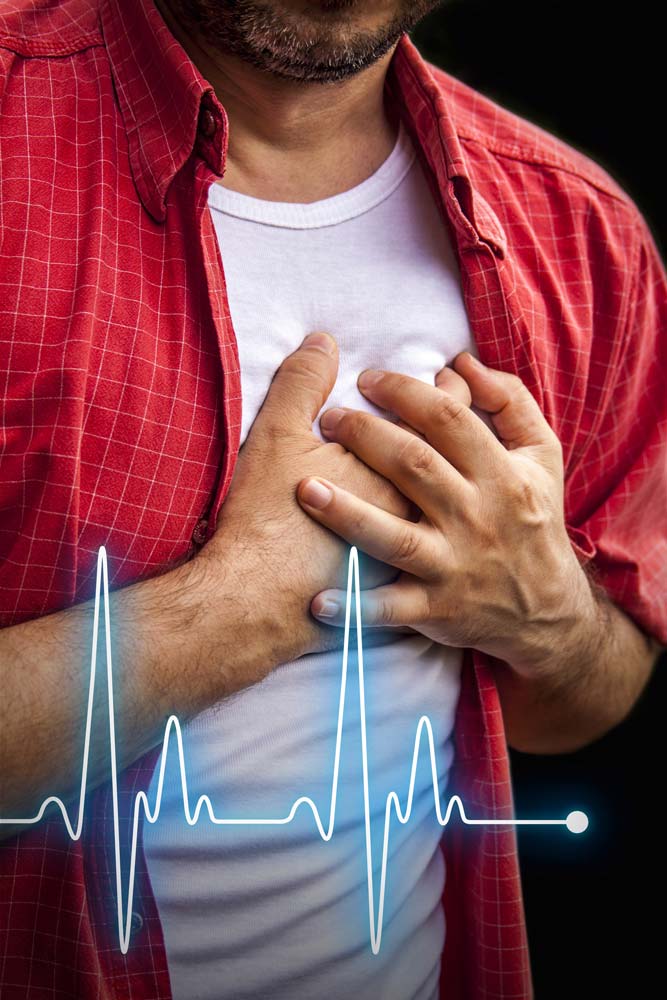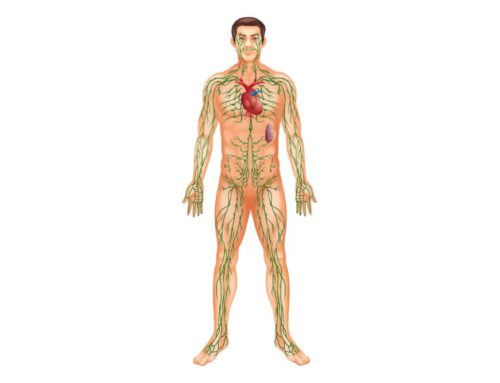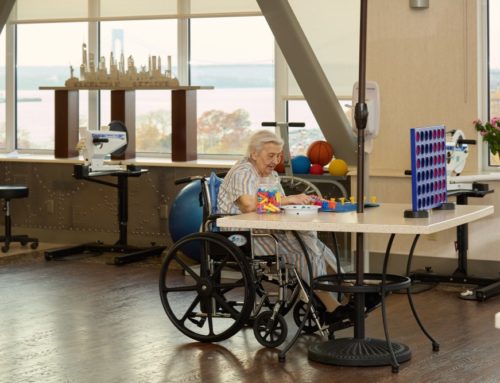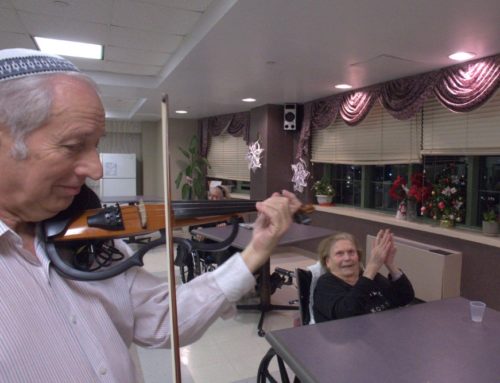Bradycardia is an abnormally slow heart rate. Though mild in some cases, the condition can be serious enough to require treatment. Bradycardia has several possible causes, including medical issues or complications of aging. Determining why your heart rate is slow requires a medical evaluation, so speaking to a doctor is essential.
For some individuals, cardiac care and rehab therapy are required to treat bradycardia. These treatments are designed to prevent complications and improve heart functions. Depending on the severity and cause of bradycardia, the rehab program involves counseling, exercise, physical therapy, stress reduction techniques and an altered diet.
For more information on bradycardia and what you can do about it, check out the following sections.
Why is Your Heart Rate Slow?
It’s difficult to determine who will contract bradycardia due to the varying causes of the condition. These include:
- Heart issues – Several heart issues can lead to a slow heart rate. These include congenital heart defects from birth, myocarditis, or damage from heart disease, attack, or aging. Even complications during heart surgery can lead to bradycardia.
- Medical conditions – Certain medical conditions may result in a reduced heart rate, like hypothyroidism, inflammatory diseases, sleep apnea, or chemical imbalances.
- Medications – Those prescribed to treat heart rhythm disorders or high blood pressure may slow the heart, as can sedatives or opioids.
Despite the cause of the bradycardia, the symptoms result from a lack of oxygen to the rest of the body. They can include dizziness, confusion, memory problems, fainting, shortness of breath, chest pain, and fatigue, especially during physical activities.
The symptoms vary in severity and can be exacerbated with certain risk factors. Those who smoke, drink heavily, or partake in illegal drug use are at high risk. Age, stress, anxiety, or high blood pressure can also lead to more serious issues. Altering your lifestyle is the best way to manage the condition.

How to treat it?
There are a few strategies that can help to improve your health, prevent severe complications, and further damage.
- Physical activity – Regular exercise is best for keeping your heart healthy. Depending on your current activity level and health status, you may have no limit on the activities available0. Your doctor can help you choose the correct options to strengthen your heart and the rest of your body. A physical therapist may also be recommended for those requiring specialized treatment.
- Manage stress – Stress is one of the worst offenders when it comes to deteriorating heart health. Managing stress can help prevent further damage. Some relaxation techniques include meditation, yoga, and breathing techniques. Even exercise reduces stress, so find physical activities you love and add them to your routine.
- Monitor your health – Staying healthy is essential for those with bradycardia. Proper management of health conditions, quitting smoking, maintaining a healthy weight, and going to scheduled checkups are crucial.
- A healthy diet – Another way to manage bradycardia for a healthier lifestyle is eating a balanced diet. It should contain plenty of whole grains, fruits, vegetables, nuts, lean meat, fish, and beans. Certain foods should be limited or avoided for the best results, including alcohol, sugar, and sodium.
This content comprises informative and educational resources only and can not be considered as a substitute for professional health or medical guidance. Reliance on any information provided in this article is solely at your own risk. If you have any inquiries or apprehensions about your medical condition or health goals, talk with a licensed physician or healthcare provider.






Leave A Comment